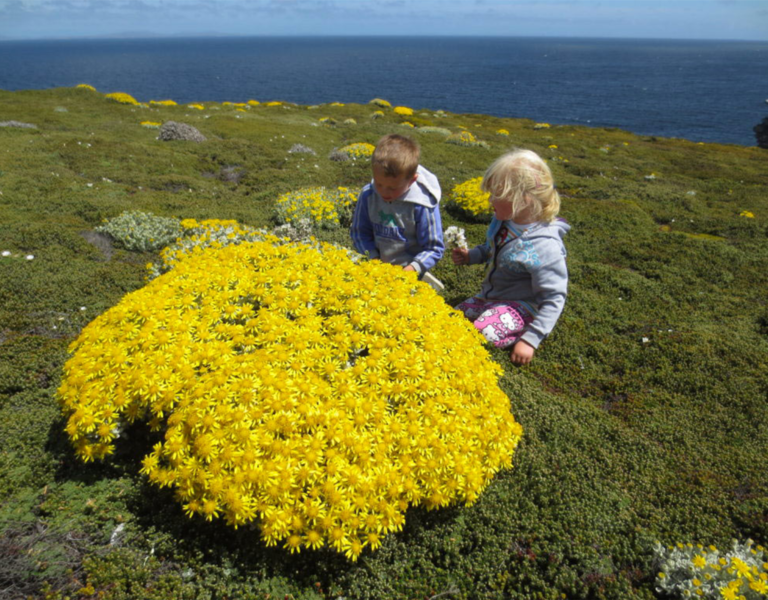
Habitat Restoration
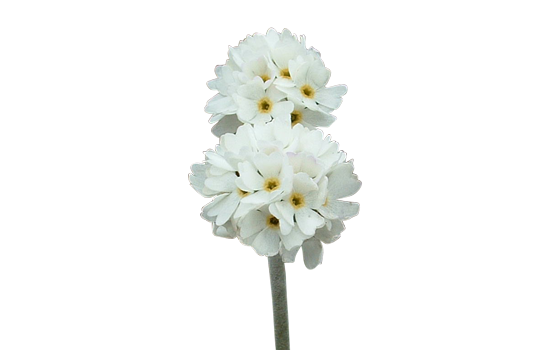
Habitat Restoration is also called ecological restoration. It refers to projects where humans help nature to restore or renew degraded, damaged, or even totally destroyed ecosystems. Local examples include the planting of tussac grass to stabilise soils, capture carbon and create habitat, or the New Island Restoration Project which seeks to remove invasive mammals.

Why restore habitats?
Because you love wildlife and want to make sure all of our Falklands plants and animals are around forever. Also because healthy ecosystems with a good range of native species preserve our precious soil, store water and carbon and survive climate change (increased storms, less soil moisture) better than impoverished areas.
- Leaflet – Give Nature A Boost Download
How to restore Falkland’s Habitats
Ask around, visit folk who have tried something similar – ask them lots of questions. There is lots of experience out there to learn from. Falklands Conservation love these types of projects so do contact us for ideas.
Think about fencing: removing or carefully controlling grazing livestock is often crucial.
Choose your methods: restoration techniques include planting tillers or using native seeds (find out more below).
Consider whether you need to control invasive species. Good biosecurity will be important to protect your area from new invasions.
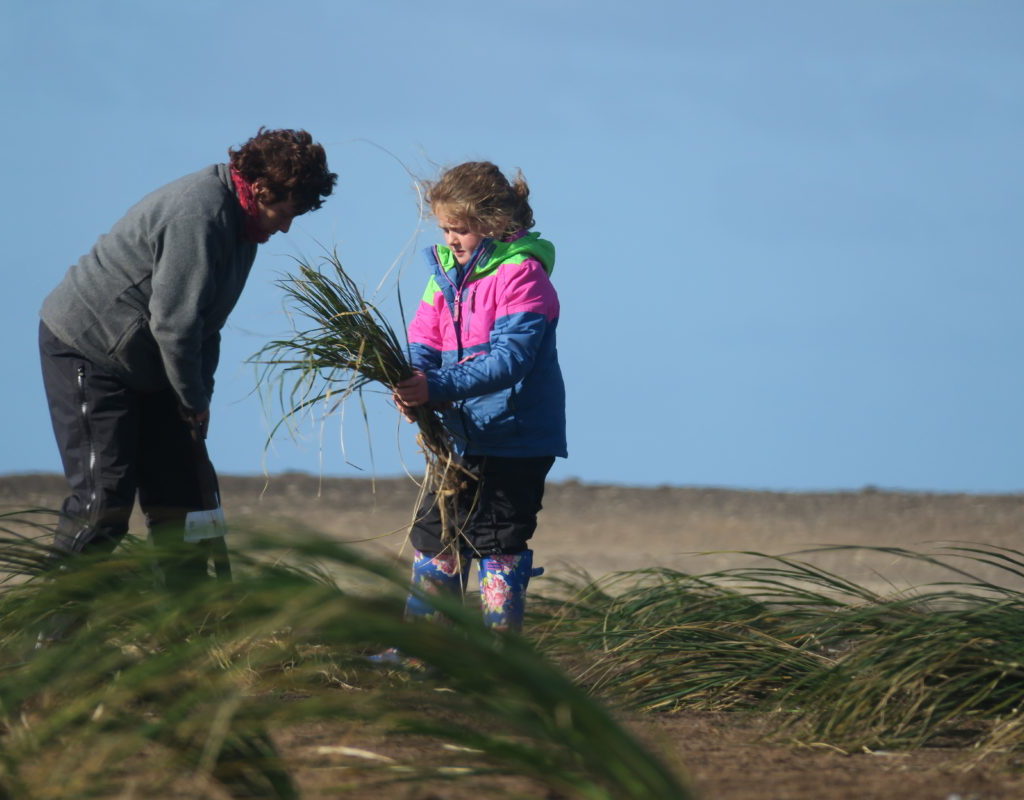
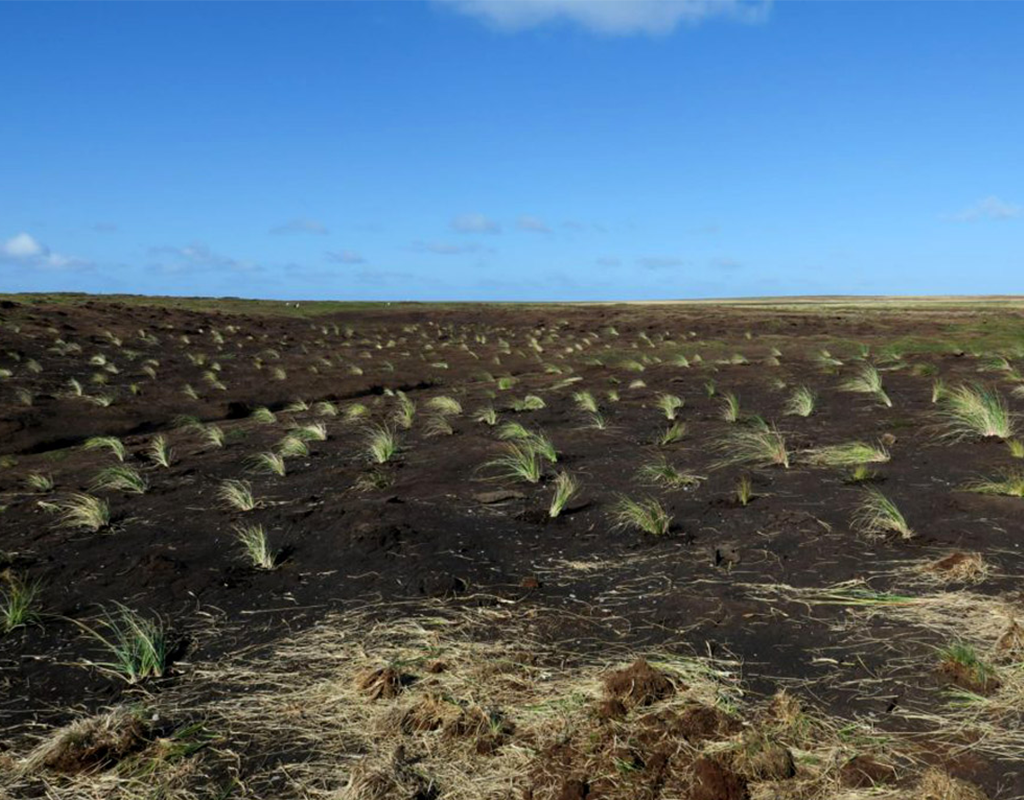
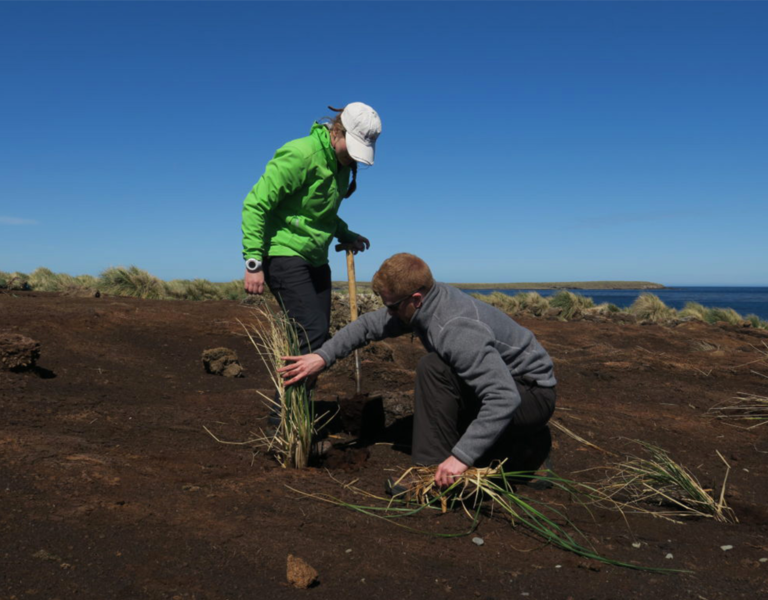
Restoration techniques
Traditionally restoration has been carried out by planting tussac tillers often with large groups of happy volunteers. Exciting new methods include using different species, small plants and seeds.
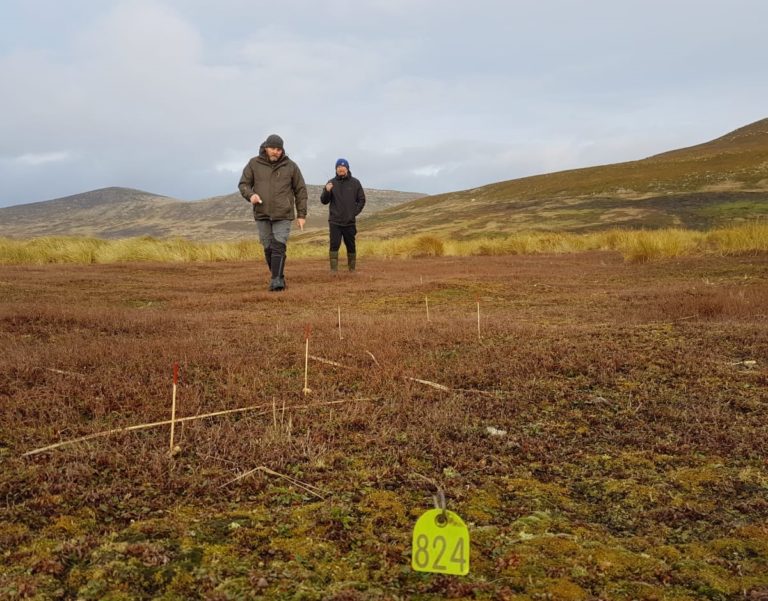
New Island Restoration Project
Another approach to habitat restoration is to remove invasive species. There are many examples of habitats and ecosystems recovering after invasives are removed. We are in the early stages of investigating how removing invasive mammals will restore New Island.
Find out more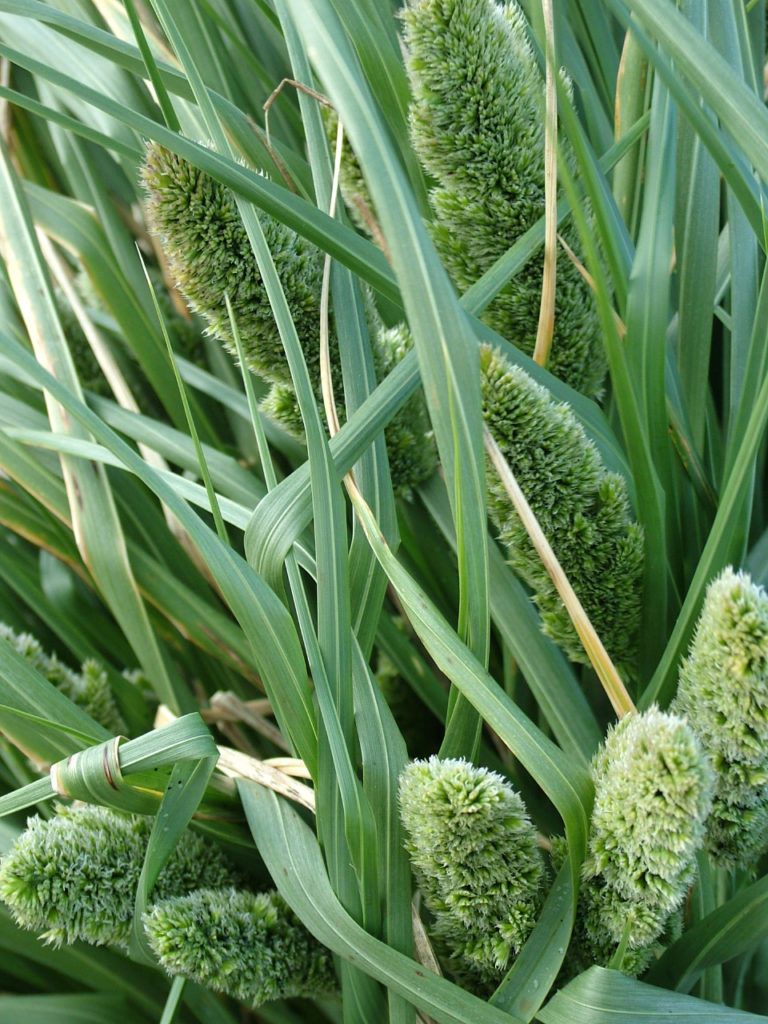
Tussac Grass
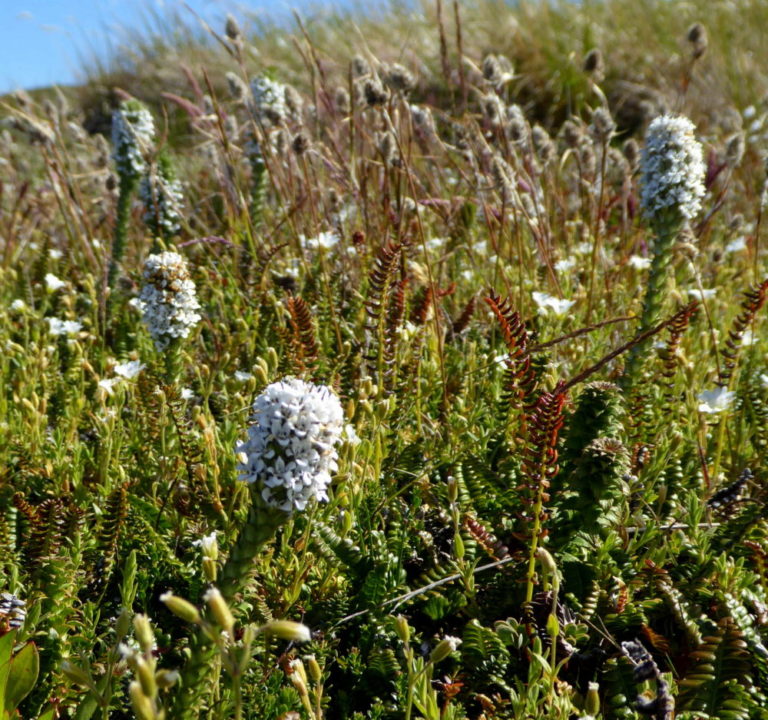
Native Habitats of the Falkland Islands
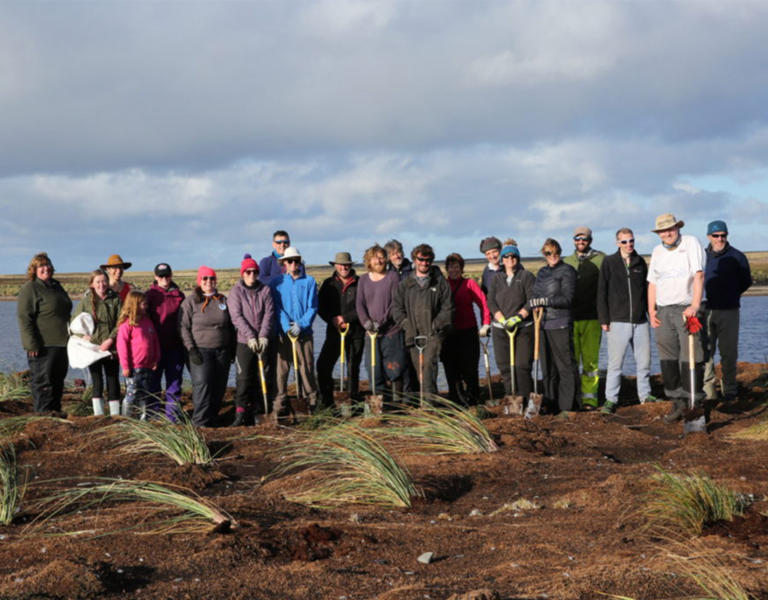
Thank you to landowners and volunteers across the Falklands for sharing their restoration ideas and helping with projects. Our restoration work has kindly been supported by the John Ellerman Foundation, Springcreek Conservation and the Darwin Initiative.




